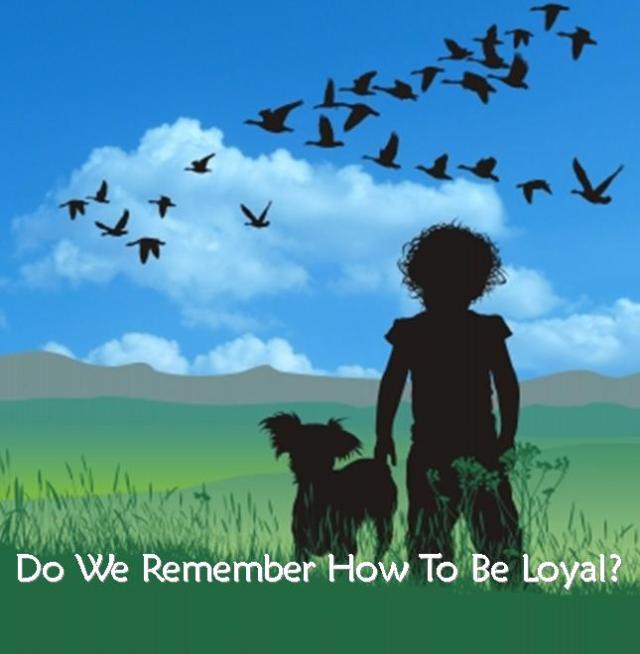
The call of the next big adventure can be almost irresistible. As our world shrinks it becomes increasingly easy to see ourselves in different settings. Even if we choose not to wander far from the land we grew up in, we can still tackle a wide array of changes that our parents might not have contemplated. Or maybe that’s just me. My family has spread out across the globe, all leaving that small warm island in the Caribbean to see what adventures they can find in colder climates. At this point, going to Barbados is the adventure because home is now Canada, The United States, The United kingdom etc..
I was looking at a breakdown of staff time within my organization. Those people who had spent twenty-five or more years in the organization right down to those who had just signed on. The 20 plus category fascinated me. Most people don’t join an organization these days with the expectation that they will still be there on their retirement. I wondered why? Was it the siren call of adventure? Is curiosity so profound that we simply can’t resist the allure of the next thing or is it more that we have no reason to stay?
Loyalty is a concept that I most commonly associate with small plastic cards and the collection of points. I’m not shallow. How often do we hear about loyalty in any other context? I don’t think I am being disloyal when I try a new shampoo or when I shop in a new store, yet they frequently offer me loyalty points or bonuses if I stick with them. When was the last time employers did that on a regular basis? Generally you get a signing bonus, not a staying bonus. In effect, we have moved to a process of rewarding employees for leaving.
I realize that there are sophisticated organizations that spend time and energy on retention. Those organizations that have done the number crunching and realize it is cheaper to keep an employee than it is to replace one, but there are not many of them. Most employers are content if they can get three years from an employee and plan accordingly. My question is, why? Why does that make more sense then looking for ways to keep employees in the fold? Have we all simply assumed that that’s the way people prefer things? That the next adventure is so appealing that there is little we can do to resist it’s allure.
I’ll admit, I like change. It’s fun to start something new and to explore new ground. It’s good to switch things up a little, but I also like stability. I have been married for 18 years without feeling the need to switch things up. I expect to be married for at least 18 more years. An interesting thing about that, my husband has a small shop in a challenging sector and yet he has employees who have been with him about as long as we’ve been married. Could it be that he understands something about loyalty?
Loyalty isn’t about points collected. I’m not going to buy the same crappy brand of anything just to get points. If the product doesn’t do the job, then I’m not going to stick with it. I stick with a brand because I expect it to perform as promised. I expect consistency. My favorite shampoo is not going to smell like oranges today and coconut tomorrow. It will perform to my expectations and in return I will continue to buy it. As other products come out from that brand I’ll be more inclined to try them because the brand has earned my trust. Seems reasonable.
If our expectations are that high for a shampoo or a toothpaste, what should they be for a job? If a job doesn’t give back as much as it takes, if an employer doesn’t do the work required to make an employee want get up and go to work in the morning, then would they keep going? What about the employee? If the employer is consistent, if they deliver on their promise, shouldn’t the employee remain dedicated? Loyalty is built over time. It comes from trust and expectations met. Do we have shorter times in our jobs today because we have forgotten what it means to be loyal or do we simply no longer apply that thinking to work?
What do you think? Do employees need to be more loyal to employers? Do employers need to work harder at keeping employees engaged? Is loyalty associated with work an old fashioned idea?
Photo Credit: “Girl and Dog” by Vlado from Free Digital Photos.net